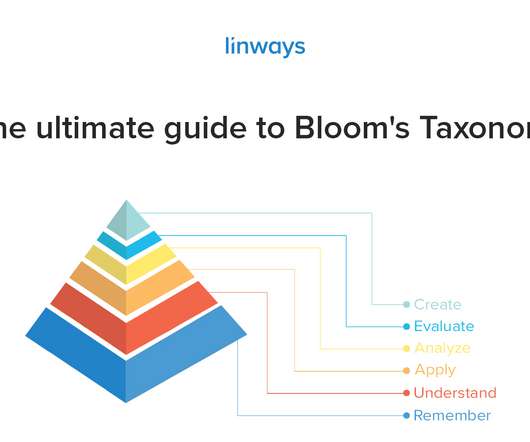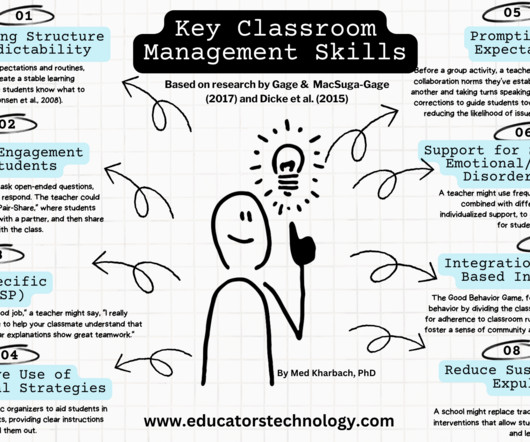Improving Social-Emotional and Reading Skills
edWeb.net
AUGUST 26, 2019
SEL also decreases behavioral issues, dropout rates, drug use, and teen pregnancy, so the advantages of including it in elementary and secondary classes are clear. While definitions of SEL can vary, key elements include self-awareness and social awareness, relationship skills, self-management, and responsible decision making.















Let's personalize your content